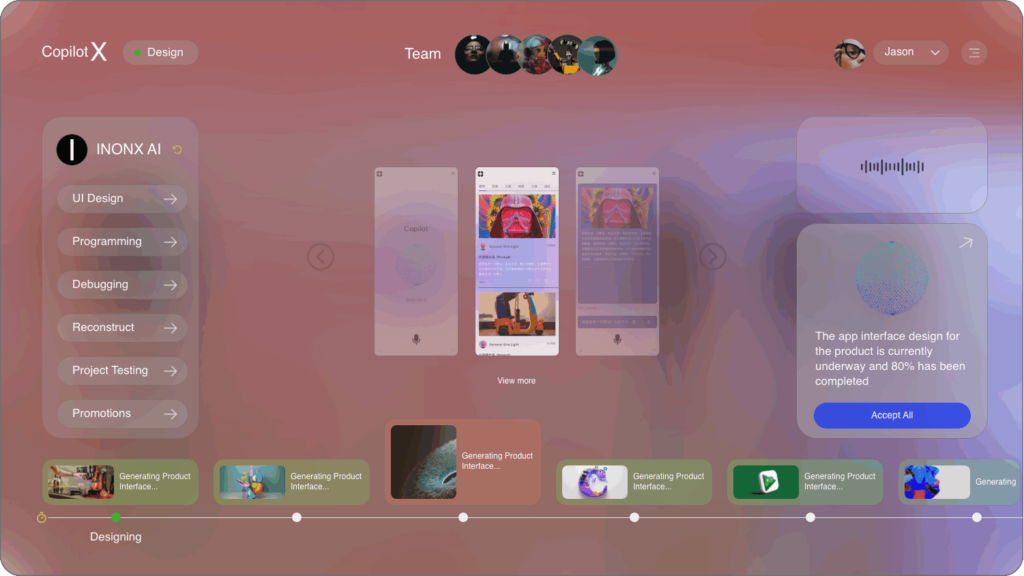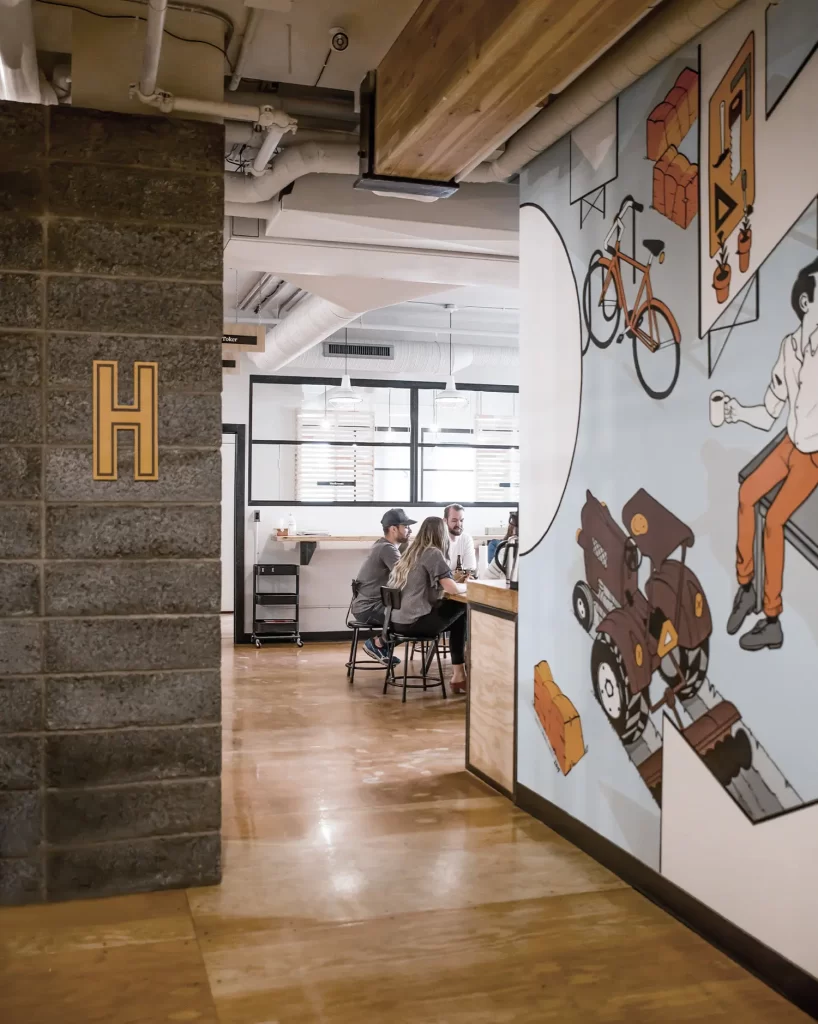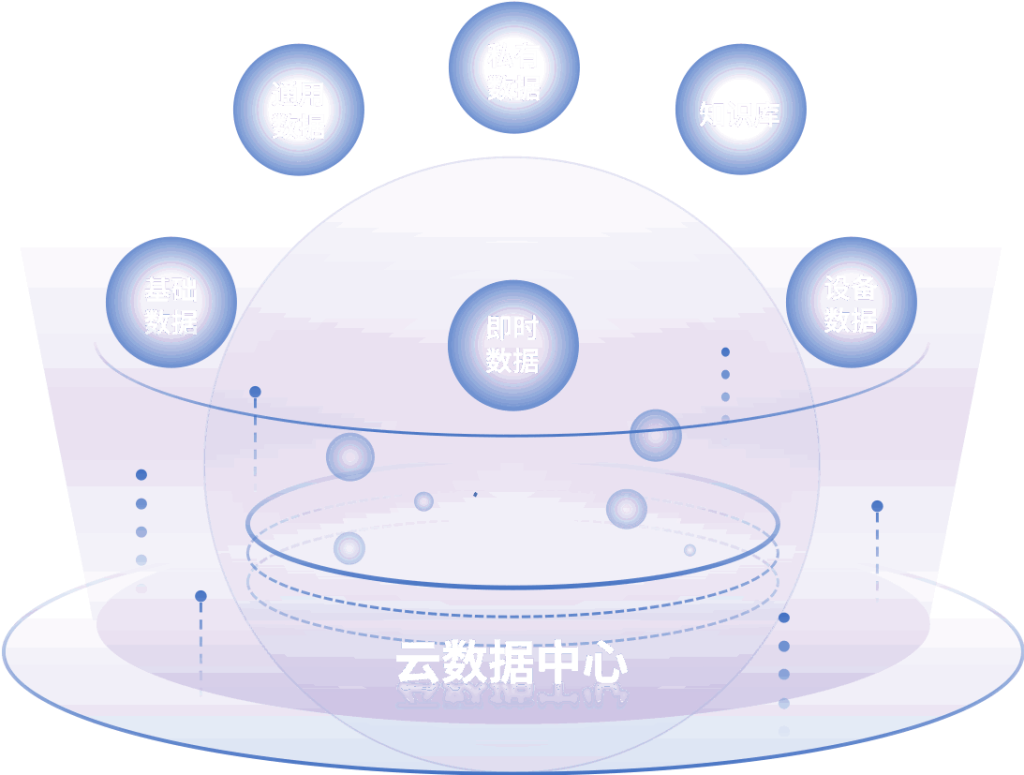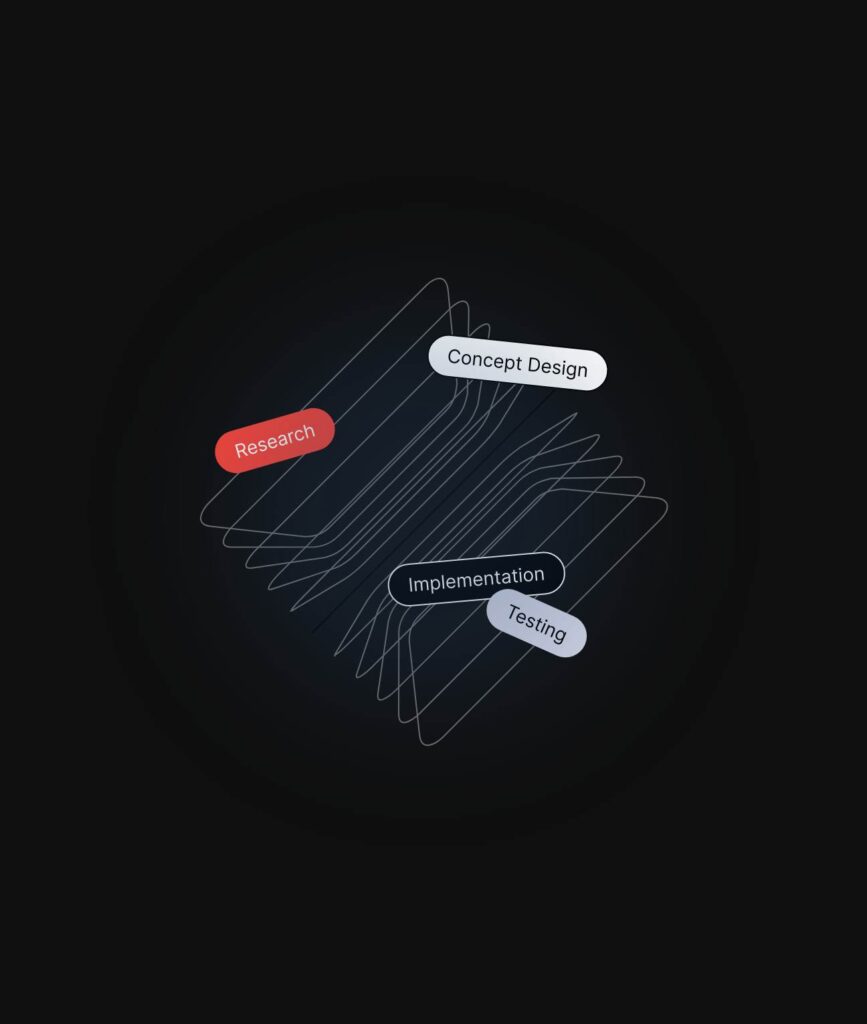The field of Artificial Intelligence (AI) is witnessing remarkable advancements as we step into 2024. With the release of innovative large language models (LLMs), sophisticated tools, and industry-specific applications, AI is becoming an integral part of various sectors. From healthcare to business automation, the capabilities of AI are expanding rapidly, propelling organizations into a new era of operational efficiency and creativity. This article dives into the latest developments, highlighting the emergence of new AI models, advanced tools for specific tasks, and innovative products built for enterprise and creative industries.
.
**Google Gemini 1.5 Pro: A Leap in Multimodal Capabilities**
One of the most significant announcements in early 2024 has been the introduction of Google Gemini 1.5 Pro. This sophisticated large language model stands out for its multimodal capabilities, allowing it to process and generate text, images, and audio simultaneously. The Gemini 1.5 Pro showcases a remarkable ability to understand context across various types of data input, setting a new standard in LLM functionalities.
According to Google, this model can handle longer prompts with improved context retention and understanding, catering to tasks that demand intricate attention to detail. The architecture of Gemini 1.5 Pro has been fine-tuned to diminish biases and enhance output accuracy, a growing concern in AI deployment (Source: Google AI Blog). As organizations increasingly leverage such advanced AI models, we can expect a boost in collaboration across creative and technical domains.
.
**AI Tools and APIs Revolutionizing Industries**
Along with new models, the release of tools and APIs that integrate advanced AI continues to reshape numerous industries. Companies like Mythic, known for their innovative edge AI solutions, recently launched a suite of APIs designed for businesses to implement AI seamlessly into their existing workflows. These APIs cater to various applications, including real-time data analysis and automated customer interactions, significantly enhancing efficiency and reducing operational costs (Source: TechCrunch).
Moreover, platforms like Grubhub are integrating AI-powered systems to optimize delivery routes, analyze customer preferences, and improve service quality. Their AI tool leverages historical data to predict demand, ensuring that restaurants are well-prepared for peak hours, thereby improving customer satisfaction (Source: Grubhub Newsroom). This trend of adopting AI tools illustrates the growing reliance on machine learning technologies to solve complex business challenges.
.
**Emerging Technologies: Debiasing and Specialization**
In parallel to advancements in large models and tooling, the focus on emerging AI technologies addressing specialized use cases is gaining traction. Researchers are developing more reliable and debiased LLMs aimed at providing factual information while minimizing the risk of propagation of harmful stereotypes or misinformation. Techniques such as adversarial training and reinforcement learning are reinforcing these models to ensure ethical AI deployment (Source: MIT Technology Review).
Additionally, the concept of **General Problem Solving** applies not only to AI but also to the methodologies adopted by businesses to integrate these technologies across various performance metrics. AI now can be trained specifically for scenarios such as medical diagnostics or financial forecasting, making it more reliable than ever for industry-specific applications.
.
**Innovative Products Transforming Enterprises**
The enterprise landscape is also experiencing innovative solutions designed specifically for business needs. Companies are increasingly turning to AI solutions for cybersecurity, where algorithms analyze network behavior to predict and prevent breaches actively. Notable advancements include AI-driven threat detection systems that can identify anomalies in real time, thereby fortifying defenses against cyber threats (Source: Cybersecurity & Infrastructure Security Agency).
In creative industries, new AI tools are emerging to assist content creators with everything from generating script ideas to suggesting plotlines for films. For example, a new product called Artify leverages AI to provide artists and writers with inspiration tailored to their personal style and audience preferences. This enhances creativity while also expediting the creative process, allowing professionals to focus more on execution than ideation (Source: CreativeAI).
.
**Impact on Healthcare and Education**
The ongoing evolution of AI is particularly pronounced in sectors like healthcare and education. In healthcare, AI solutions are being developed to assist with patient diagnosis and treatment plans through predictive analytics. For instance, tools powered by advanced AI models analyze patient history and current health data to provide real-time recommendations for healthcare providers (Source: HealthTech Magazine). These tools have the potential to enhance decision-making, ensuring that patients receive timely and accurate care.
In education, AI technologies are being introduced to personalize learning experiences. Intelligent tutoring systems powered by AI adapt content and teaching strategies according to student learning curves, ensuring a more efficient learning process. Initiatives such as these signify a shift towards a more inclusive and accessible educational system, where personalized learning is the norm rather than the exception (Source: EdSurge).
.
**Conclusion: The Future of AI in Multiple Sectors**
As we navigate through 2024, the advancements in AI are reshaping how industries operate and innovate. The release of large AI models like Google Gemini 1.5 Pro demonstrates the growing capability for multimodal understanding, while tools and APIs are making it easier for organizations to implement these technologies seamlessly. Innovations in debiasing techniques, coupled with specialized models, promise a new era of ethical AI deployment.
The innovative products emerging in enterprise, cybersecurity, and creative sectors testify to the versatility of AI applications, impacting everything from operational efficiency to artistic expression. Moreover, as AI continues to penetrate industries like healthcare and education, the potential for enhanced experience and service delivery is immense. As the foundation of AI technology solidifies, we can only anticipate more groundbreaking advancements that will shape our future.



























